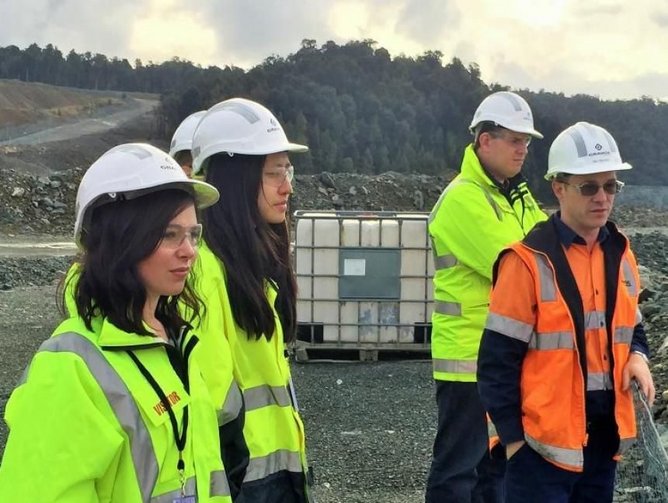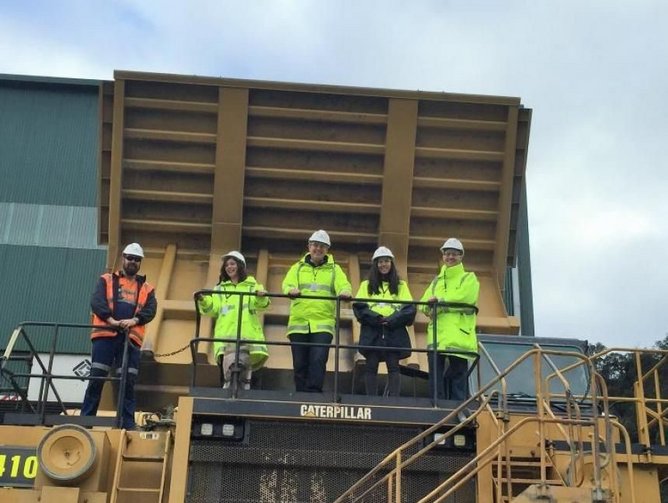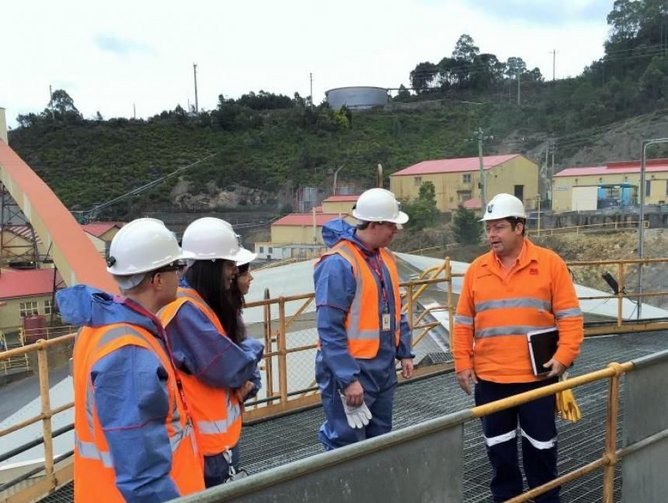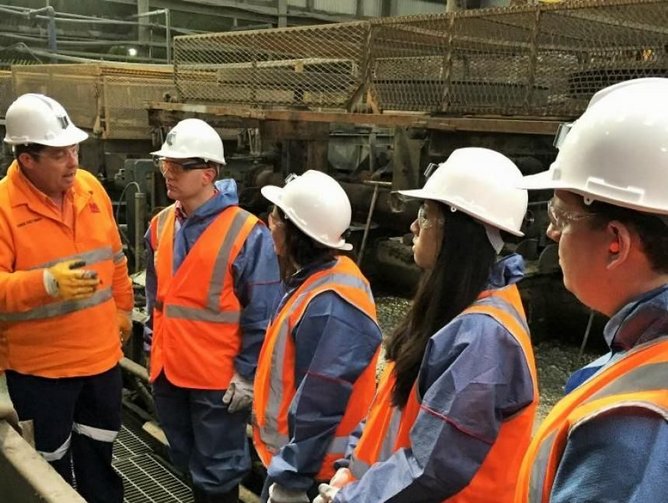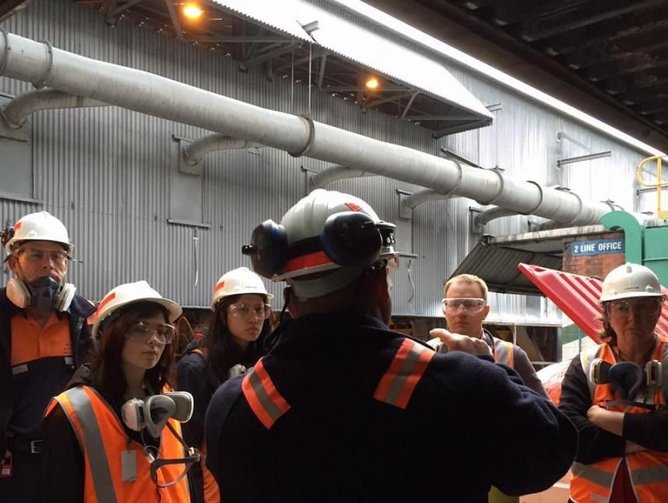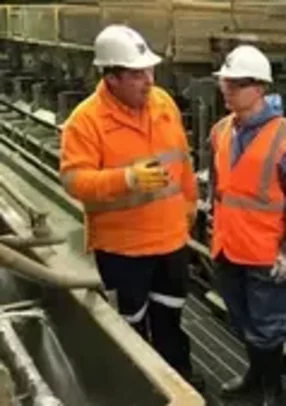The Goals and Roles of the Agency
The TMPAA works with companies to ensure that they are able to efficiently and effectively identify all of their regulatory and compliance obligations when undertaking a major project in Tasmania. Projects that attract investment of $50 million or more in Tasmania by 2020 automatically qualify for the Agency’s full services. However, if your project falls outside this scope there are other conditions under which your project could be eligible as the aim of our Agency is to encourage investment in the Tasmanian economy.
The TMPAA provides proponents and the wider community with certainty about approvals processes, not certainty of approvals outcomes. Ensuring that full information about approvals requirements and processes is available to project proponents is an important part of maintaining the integrity and balance of Australia’s regulatory and approvals systems.
The Agency is based in Launceston but our services are available state-wide and we are always willing to meet with project proponents at a location convenient to them. All TMPAA services are cost free and carry no obligation. Ways in which the TMPAA can assist include:
- Provide a single-entry-point for Commonwealth regulations and approvals;
- Map critical approvals pathways: the Agency, in consultation with State and Local government, can provide proponents with a map of their regulatory requirements and the appropriate pathway to meeting them;
- Monitor approvals milestones: the Agency can work with project proponents and regulators to monitor upcoming milestones in the regulatory process;
- Provide a voice into government on ways of improving the regulatory system: the Agency wants to hear proponent’s views and experiences with the regulatory system and potential ways it can be approved to help inform future policy decisions;
- Help answer broader questions on industry policy and assistance: the Agency is part of the Commonwealth Department of Industry and Science. If proponents have a question relating to the work of the Department, or of other Government Departments, the Agency can help find the answer.
Overview of our services
The TMPAA offers three levels of service designed to provide proponents with support that is tailored to the status of their project. All services are free-of-charge, with no obligation on your part and are managed under strict commercial-in-confidence requirements.
LEVEL 1 - Estimated Obligations
If proponents are unsure of their regulatory obligations or would like confirmation on what they understand them to be, the TMPAA can provide a high level assessment of the likely regulatory obligations in the form of a flow chart and accompanying documentation. This can be provided in a short period of time and requires only basic organizational and project information.
There is no obligation to access Level 2 services. However, if more detailed information is needed to assist decision making then the TMPAA Level 2 service is available.
LEVEL 2 -·Mapped Obligations
At this level the TMPAA works with projects to prepare a detailed approvals map of their regulatory obligations covering all levels of government – Commonwealth, State and Local. This Regulatory Approvals Map (RAM) is designed to assist in the successful project management of a development. More detailed information on the activities undertaken in the development is needed to construct the RAM.
LEVEL 3 -·Agreed Obligations
This level involves the TMPAA working closely with your organisation and all relevant government regulators to reconfirm that all aspects of your regulatory requirements have been identified. This includes facilitating agreement between the project proponent and regulators about the most efficient and effective approvals pathway. These activities would typically be conducted when a project has a definite project plan and time schedule.
GENERAL ADVICE
The Agency is also to provide general regulatory advice to proponents and other interested parties on an ad hoc basis.
Industry developments and investments
The TMPAA has engaged with 49 project proponents across a wide range of industries including ecotourism, energy and resources, agriculture, and infrastructure. Tourism, resources and agriculture projects have constituted the majority of projects that the TMPAA has engaged with. Projects have been as varied as a proposal to create an artificial reef using the Australian Navy ship Tobruk when it is decommissioned to constructing a cable car on Mount Wellington.
Current legislation
Examples of Commonwealth legislation that the TMPAA can map in a RAM include:
- Environment Protection and Biodiversity Conservation Act 1999
- Environment Protection (Sea Dumping) Act 1981
- Native Title Act 1993
- Aboriginal and Torres Strait Islander Heritage Protection Act 1984
- Protection of Movable Cultural Heritage Act 1986
- Customs Act 1901
- Quarantine Act 1908
- Foreign Takeovers and Acquisitions Act 1975 – Foreign Investment Review Board
- Migration Act 1958
- Heavy Vehicle National Law – National Heavy Vehicle Regulator
Benefits to industry and community
The TMPAA benefits both industry and the community by ensuring that all requirements for a development are identified and communicated to the developer. The TMPAA works to ensure that information and opportunity costs for a project are kept to a minimum. The services provided by the TMPAA contribute to the business case for locating a major project in Tasmania.
The TMPAA also performs an important policy role by identifying regulatory duplication and requirements that fail the ‘common sense test’. It communicates this information back into government both directly to the relevant regulators and to the Joint Commonwealth and Tasmanian Economic Council. The TMPAA has a small Advisory Board and the Chair of that Advisory Board is also a member of the Council.
The TMPAA is an example of successful collaboration between all levels of government to foster a healthy business environment in Tasmania.
